What are you reading now?
-
Just happened to read two books that are set in the Midevil times.
The first:

Kind of a fun book. Not too difficult or "academic". Takes a look at different topics in 1300's England; eating, lodging, markets, etc. Very easy read.
The second one is much more interesting

The story of the painting of the Sistine Chapel in Rome by Michelangelo.
Quite fascinating and interesting story about how it happened. Michelangelo really was quite a genius. (On a side, I have always heard a story that he painted this while on his back. Not true. LOL Also quite interesting was how to paint on fresco).
Recommended!!
@taiwan_girl if you enjoyed Mortimer's book (and I haven't read it, yet), you might also like Bryson's At Home: A Short History of Private Life .
Bryson is an engaging author who has a knack for making what we consider mundane things fascinating. In this book he writes about how life has changed from the times when today's conveniences and conventions became common.
In these pages, the beloved Bill Bryson gives us a fascinating history of the modern home, taking us on a room-by-room tour through his own house and using each room to explore the vast history of the domestic artifacts we take for granted. As he takes us through the history of our modern comforts, Bryson demonstrates that whatever happens in the world eventually ends up in our home, in the paint, the pipes, the pillows, and every item of furniture.
For example:
“Dining tables were simply boards laid across trestles, and cupboards were just what the name says – plain boards on which cups and other vessels could be arrayed. But there weren’t many of those. Glass vessels were rare and diners were generally expected to share with a neighbour. Eventually cupboards were incorporated into rather more ornate dressers, which have nothing to do with clothing but rather with the preparation, or dressing, of food.
In humbler dwellings, matters were generally about as simple as they could be. The dining table was a plain board called by that name. It was hung on the wall when not in use, and was perched on the diners’ knees when food was served. Over time, ‘board’ came to signify not just the dining surface but the meal itself, which is where the ‘board’ comes from in ‘room and board’. It also explains why lodgers are called ‘boarders’ and why an honest person – someone who keeps his hands visible at all times – is said to be above board.”
“Seating was on plain benches – in French, bancs, from which comes ‘banquet’. Until the 1600s chairs were rare – the word itself dates only from about 1300 – and were designed not to be comfortable but to impute authority. Even now, of course, the person in charge of a meeting chairs it, and a person in charge of a company is the chairman of the board – a term that additionally, and a little oddly, recalls the dining habits of medieval peasants.”
-
I've been a fan of Reynolds for several years. His "hard" sci-fi has always been dense and at times difficult. Concepts span from one book to another and stuff that doesn't make sense is explained in subsequent books. His "Inhibitor Series" is a huge work.
He is an astrophysicist, so much of his writing is grounded in "real" science. For example, his description of a "space elevator" is fantastic.
So, I started this today:
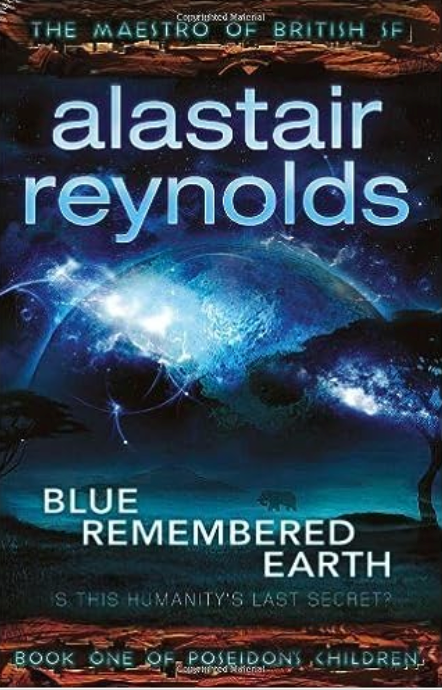
The story focuses on Geoffrey and Sunday Akinya, a brother and sister who are members of a powerful African corporate family. Following the death of their influential grandmother Eunice, the siblings begin investigating a series of cryptic messages that Eunice left across the Solar System over the previous century, during her voyages to Pythagoras Crater, Phobos, Pavonis Mons, and the Kuiper Belt.
Much, much easier reading than his other works. I'm just "a bit" into it, but it's quite engaging.
-
@bachophile said in What are you reading now?:
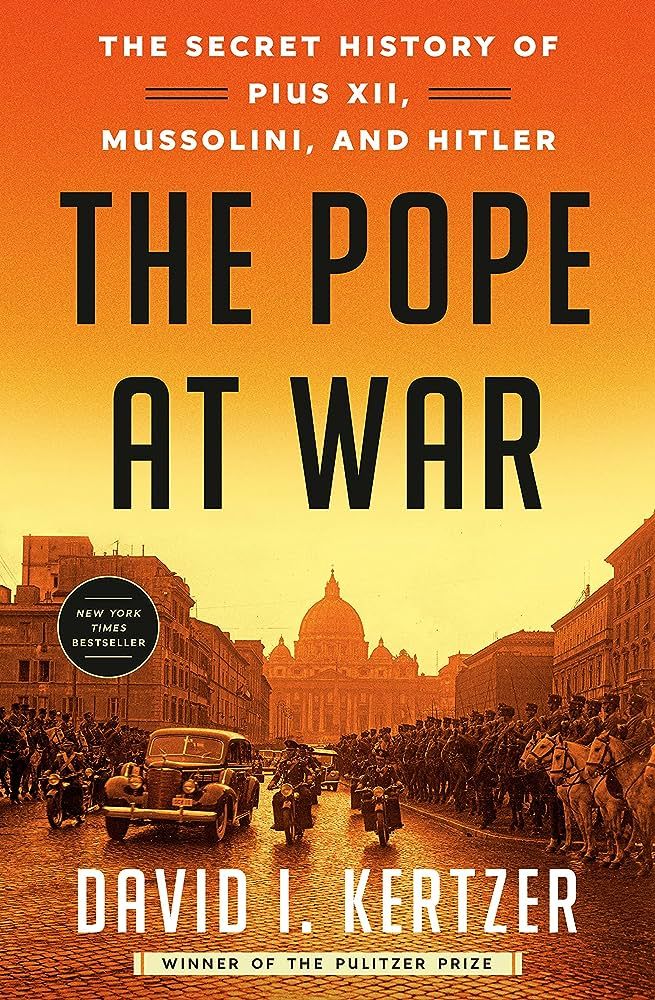
Let us know if you like it.
Also, how was the book on Pilate?
-
@bachophile said in What are you reading now?:

Let us know if you like it.
Also, how was the book on Pilate?
@jon-nyc the pilate book was very hard to read, and i eventually gave up on it. there is very little source material on pilate and most of the book seemed to be a lot of conjecture and guessing.
otoh, kertzer is amazing. well written, easy to read...and significantly, its based on a lot of new material just released, as Pope Francis has allowed the release of secret archival material which was kept under wraps for many years.
so i highly recomment kertzer, the other book, was simply not good.
-
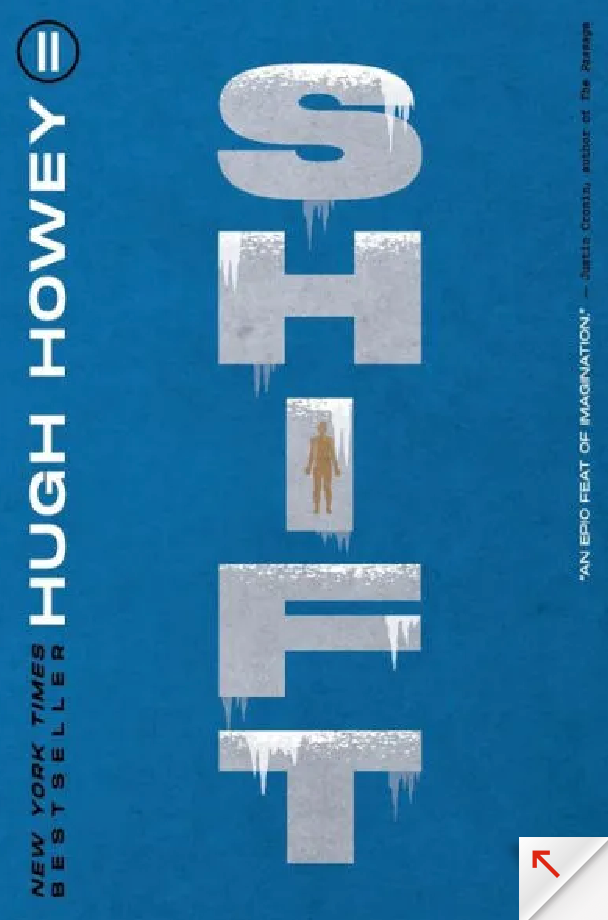
Book 2 of the "Silo" trilogy by Hugh Howey. The first book was an interesting, though somewhat predictable, take on post-apocalyptic sci-fi.
This book is set in the past, describing the events that led to Wool. Much more engaging, with some interesting twists. I'm about ⅓ of the way through it and enjoying it. Later in the book, it ties in with the events of Wool.
-
I hope to finish off the trilogy this weekend. I'm about halfway through the final book.
Good story overall, and the last two books are better than the first, which seems to be more of a preamble than anything else.
Nevertheless, all the mysteries appear to be exposed in this final chapter.
If you're looking for some not-too-difficult sci-fi (unlike Alastair Reynolds), this series might suit you.
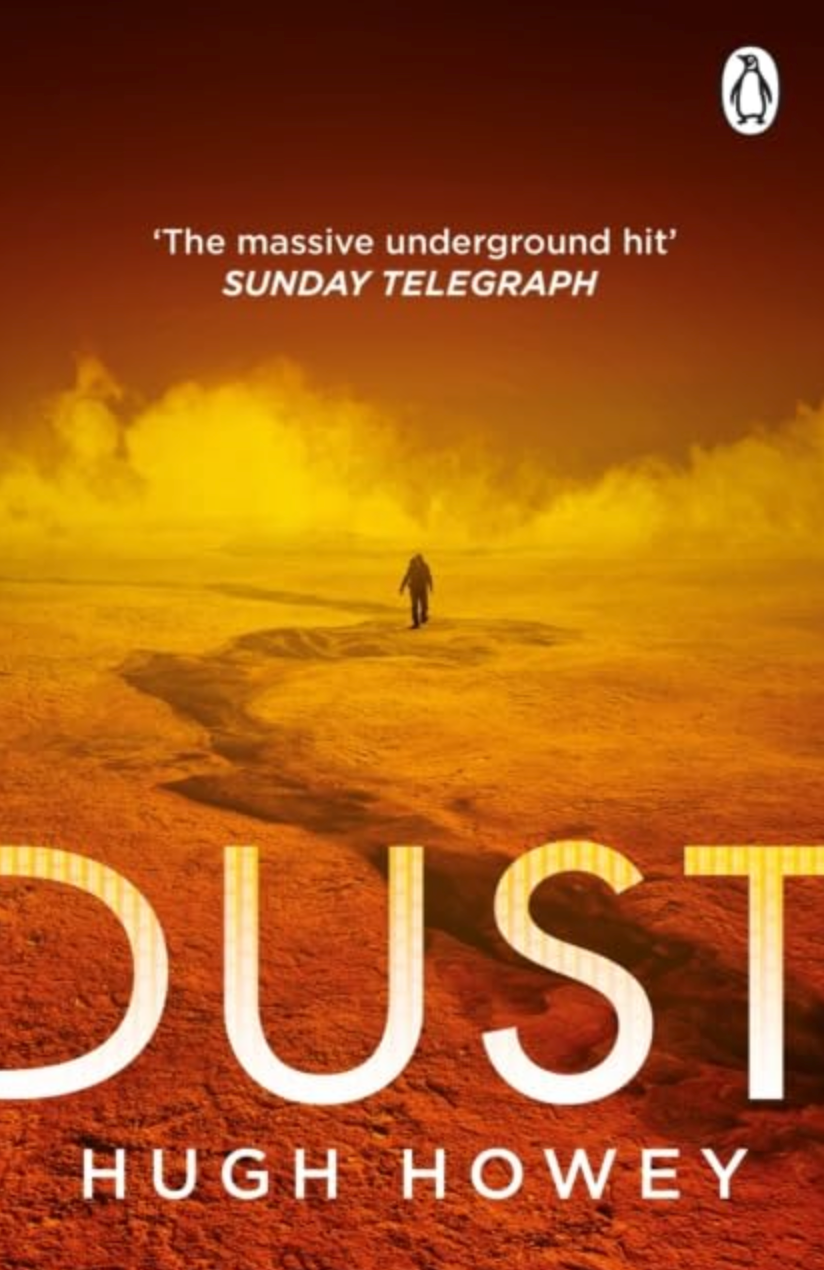
-
I listened to Foundation on the way west. Hadn’t read it since 75. Fabulous story. The tv series loses the beauty of the book entirely.
@Mik said in What are you reading now?:
The tv series loses the beauty of the book entirely.
No kidding. The TV show isn't bad sci-fi, it's just not Asimov's Foundation. It takes the concept of pre-history and goes from there, to a completely different direction.
I re-read Foundation about 4 years ago. What a great tale.
Meanwhile...
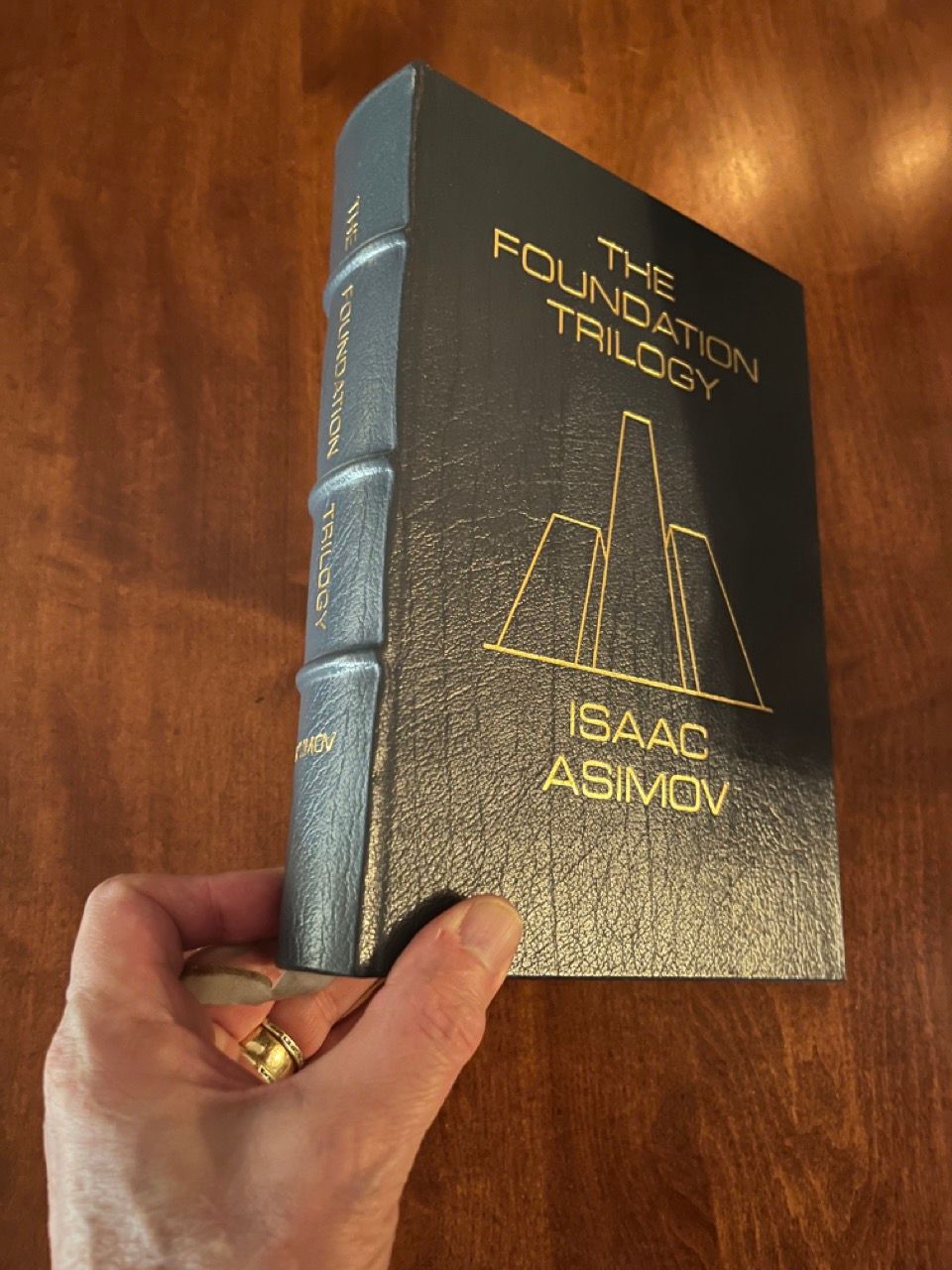
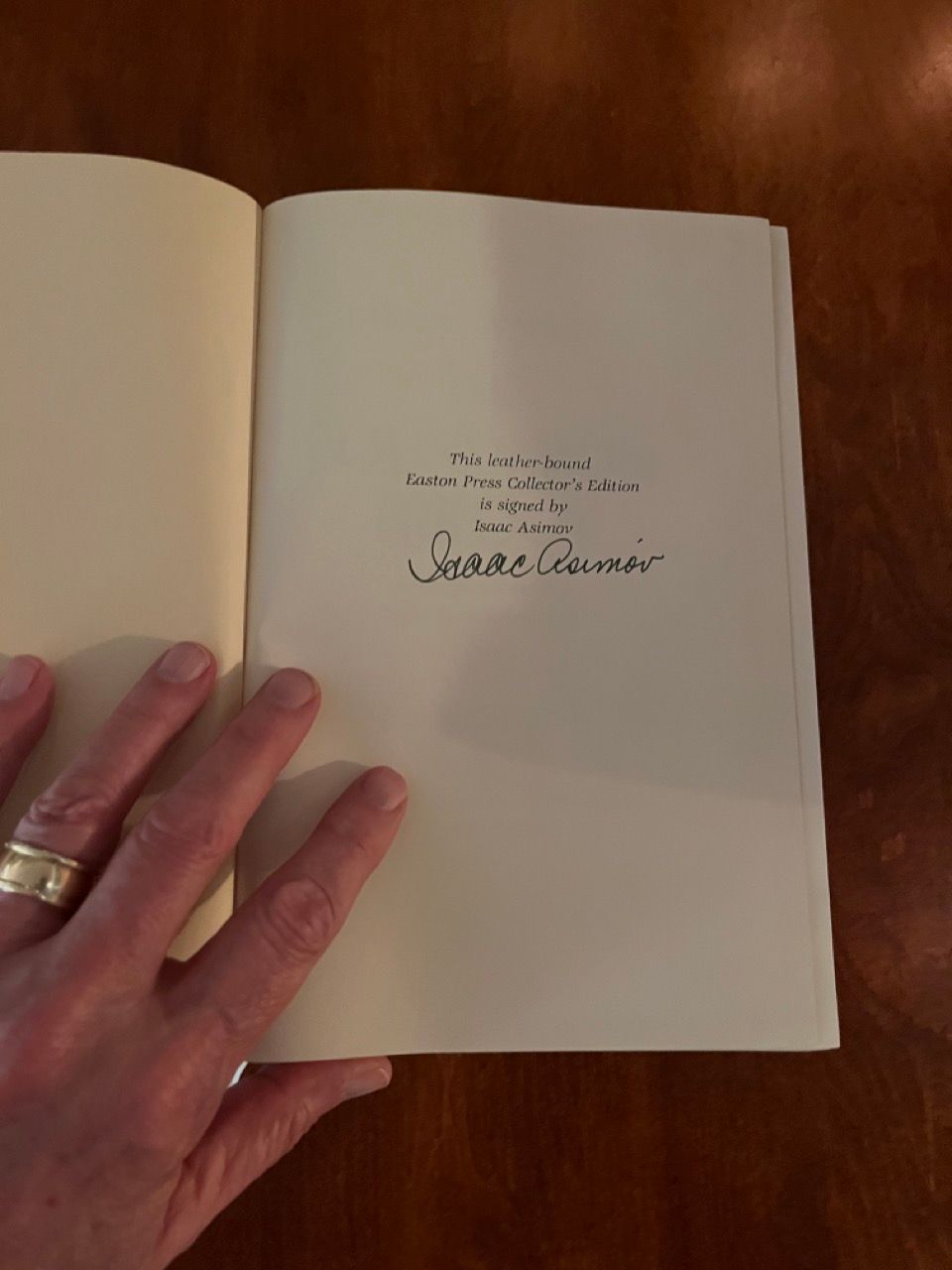
-
I'm a huge Reynolds fan. I enjoyed the first book of this trilogy, so I started the 2nd today.
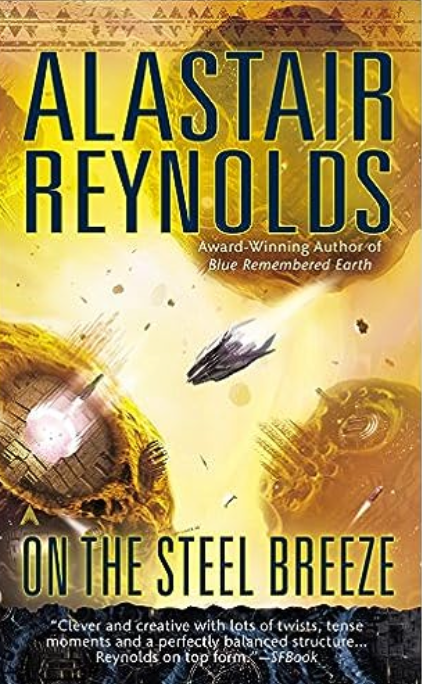
Chiku Akinya, great granddaughter of the legendary space explorer Eunice Akinyaand heir to the family empire, is just one among millions on a long one way journey towards a planet they hope to call their new home. For Chiku, the journey is a personal one, undertaken to ensure that the Akinya family achieves its destiny among the stars.
-

My guess is @Jolly has read this as it's been a part of the Baen free library for years. It's also free on Audible and Apple Books as well...
Alternate history... A small modern (2000 AD) coal mining town in West Virginia with a population of roughly 5,000 (very similar to towns @Aqua-Letifer and I have spent big parts of our lives in) gets transported by cosmic mishap to Thuringia (Germany) in 1631 AD, smack in the middle of the 30 Year War. creating a splinter universe timeline.
The modern town has it's own power plant, coal mine, several machine shops, and a modest agricultural base. It also has a new HS and Vocational Tech school... It also has a good number of Appalachian Coal Miners, Hillbillies, trucks, and modern firearms...
It's an interesting story of a town that has incredible technological advantages, but is also vastly vastly outnumbered in the middle of one of humanity's darkest and most violent periods. A time when they have to balance their own American ideals vs the needs of the moment. The author's VERY pro-union attitudes come through a little too strongly for my taste, but it's an interesting story,.
-
Thuringia? That’s where I’m from.
(I mean, bach of course)
-
Thuringia? That’s where I’m from.
(I mean, bach of course)
@bachophile said in What are you reading now?:
Thuringia? That’s where I’m from.
(I mean, bach of course)
There's an interesting note in one of the many follow-ups where they find musicians from Wechmar in the school library listening to Bach works. I think the implication was that it was supposed to be Christoph Bach...
-
The man in black fled across the desert, and the gunslinger followed.
The desert was the apotheosis of all deserts, huge, standing to the sky for what looked like eternity in all directions. It was white and blinding and waterless and without feature save for the faint, cloudy haze of the mountains which sketched themselves on the horizon and the devil-grass which brought sweet dreams, nightmares, death. An occasional tombstone sign pointed the way, for once the drifted track that cut its way through the thick crust of alkali had been a highway. Coaches and buckas had followed it. The world had moved on since then. The world had emptied.
Well............................ I finally did it. 8 books, 4300 pages, I finally finished "The Dark Tower" series by Steven King.
The Dark Tower series tells the story of Roland Deschain, Mid-World’s last gunslinger, who is traveling southeast across Mid-World’s post-apocalyptic landscape, searching for the powerful but elusive magical edifice known as The Dark Tower. Located in the fey region of End-World, amid a sea of singing red roses, the Dark Tower is the nexus point of the time-space continuum. It is the heart of all worlds, but it is also under threat. Someone, or something, is using the evil technology of the Great Old Ones to destroy it.
Inspired in equal parts by Robert Browning’s poem, “Childe Roland to the Dark Tower Came,” J.R.R. Tolkien’s Lord of the Rings, and Sergio Leone’s spaghetti Western classics, The Dark Tower series is an epic of Arthurian proportions.
Quite interesting, and from what I have heard, not a typical Steven King story. Overall, I quite enjoyed it.
Somewhat uneven, but I think that is expected in such a big series that was written over a 30 year period (~1975 - 2005)
- The Gunslinger
- The Drawing of the Three
- The Waste Lands
- Wizard and Glass
- The Wind Through the Keyhole
- Wolves of the Calla
- Song of Susannah
- The Dark Tower
-
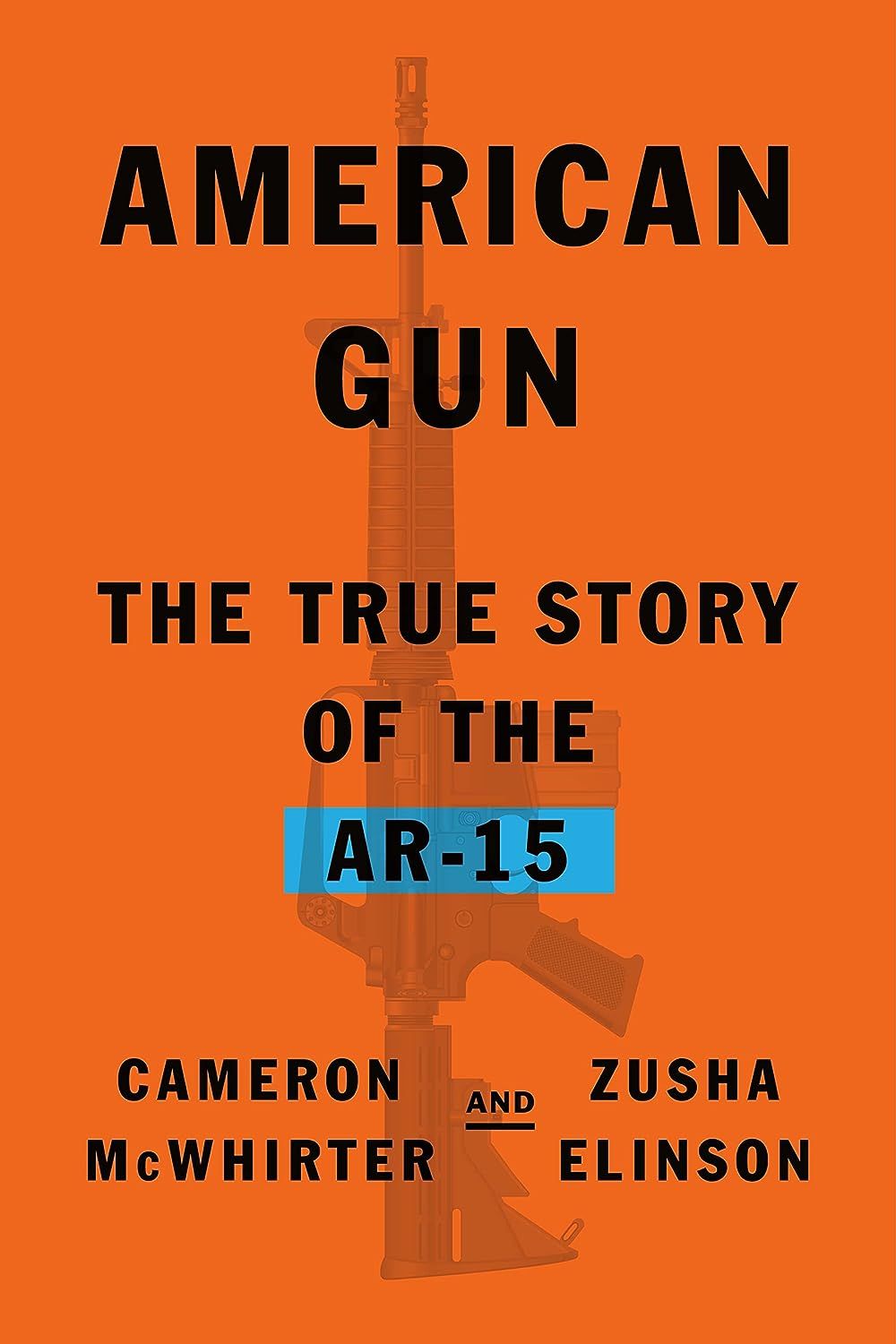
I’ve put this on my Amazon shopping list based on this review in the times
https://www.nytimes.com/2023/09/22/books/review/american-gun-cameron-mcwhirter-zusha-elinson.html
I don’t know when I’ll get around to it because I have a pile already waiting but it looks interesting
-
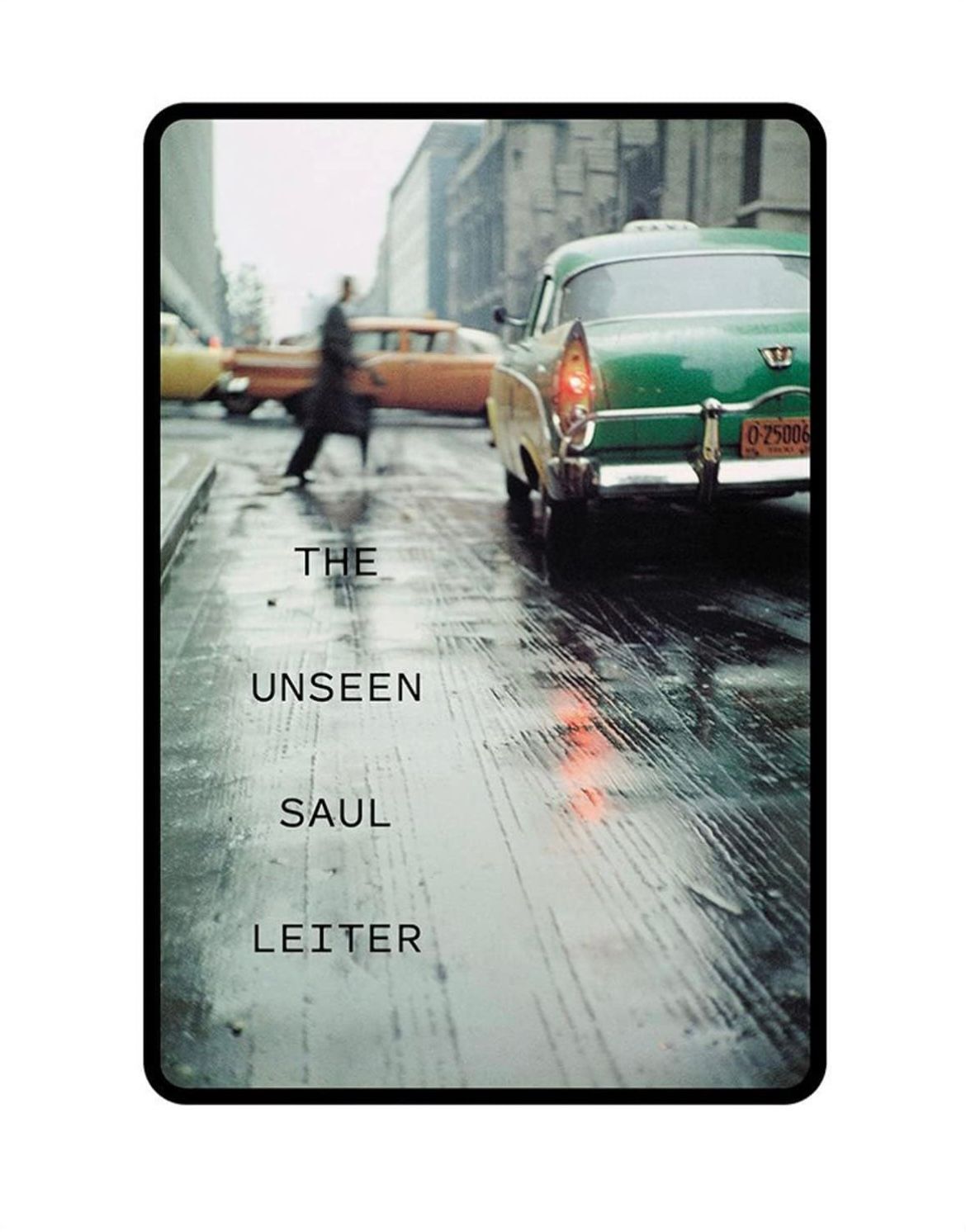
-

My guess is @Jolly has read this as it's been a part of the Baen free library for years. It's also free on Audible and Apple Books as well...
Alternate history... A small modern (2000 AD) coal mining town in West Virginia with a population of roughly 5,000 (very similar to towns @Aqua-Letifer and I have spent big parts of our lives in) gets transported by cosmic mishap to Thuringia (Germany) in 1631 AD, smack in the middle of the 30 Year War. creating a splinter universe timeline.
The modern town has it's own power plant, coal mine, several machine shops, and a modest agricultural base. It also has a new HS and Vocational Tech school... It also has a good number of Appalachian Coal Miners, Hillbillies, trucks, and modern firearms...
It's an interesting story of a town that has incredible technological advantages, but is also vastly vastly outnumbered in the middle of one of humanity's darkest and most violent periods. A time when they have to balance their own American ideals vs the needs of the moment. The author's VERY pro-union attitudes come through a little too strongly for my taste, but it's an interesting story,.
@LuFins-Dad said in What are you reading now?:

My guess is @Jolly has read this as it's been a part of the Baen free library for years. It's also free on Audible and Apple Books as well...
Alternate history... A small modern (2000 AD) coal mining town in West Virginia with a population of roughly 5,000 (very similar to towns @Aqua-Letifer and I have spent big parts of our lives in) gets transported by cosmic mishap to Thuringia (Germany) in 1631 AD, smack in the middle of the 30 Year War. creating a splinter universe timeline.
The modern town has it's own power plant, coal mine, several machine shops, and a modest agricultural base. It also has a new HS and Vocational Tech school... It also has a good number of Appalachian Coal Miners, Hillbillies, trucks, and modern firearms...
It's an interesting story of a town that has incredible technological advantages, but is also vastly vastly outnumbered in the middle of one of humanity's darkest and most violent periods. A time when they have to balance their own American ideals vs the needs of the moment. The author's VERY pro-union attitudes come through a little too strongly for my taste, but it's an interesting story,.
Funny, I'm rereading this now. Do a web search for "Baen CD" and you'll find some links to the CD's they used to put in their books. Probably a half dozen of the follow-on books, plus several editions of the Grantville Gazette.
While you're perusing all the available books, do try On Basilisk Station, the first book in the Honor Harrington series. Most of that series is pretty well written. Think Hornblower in space...


